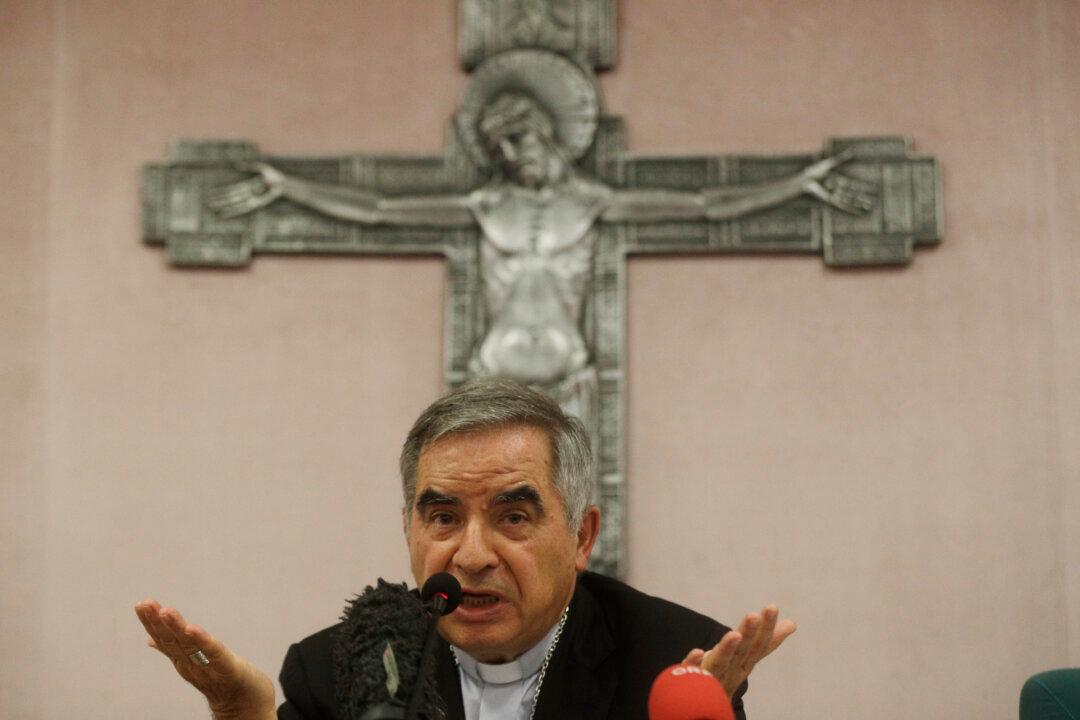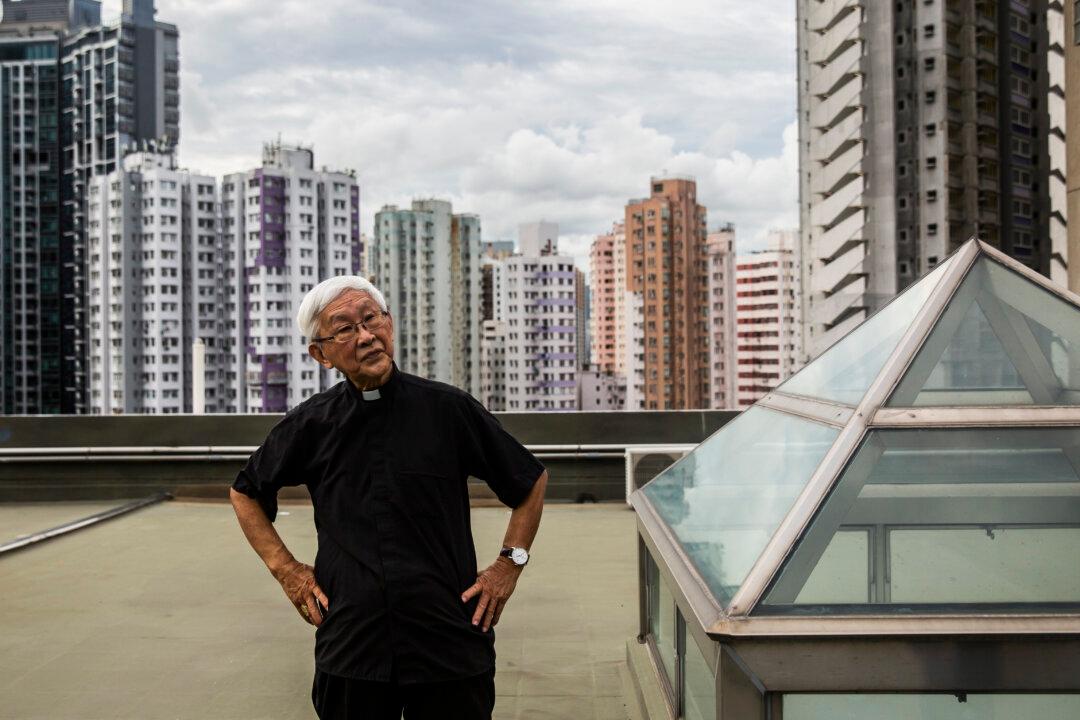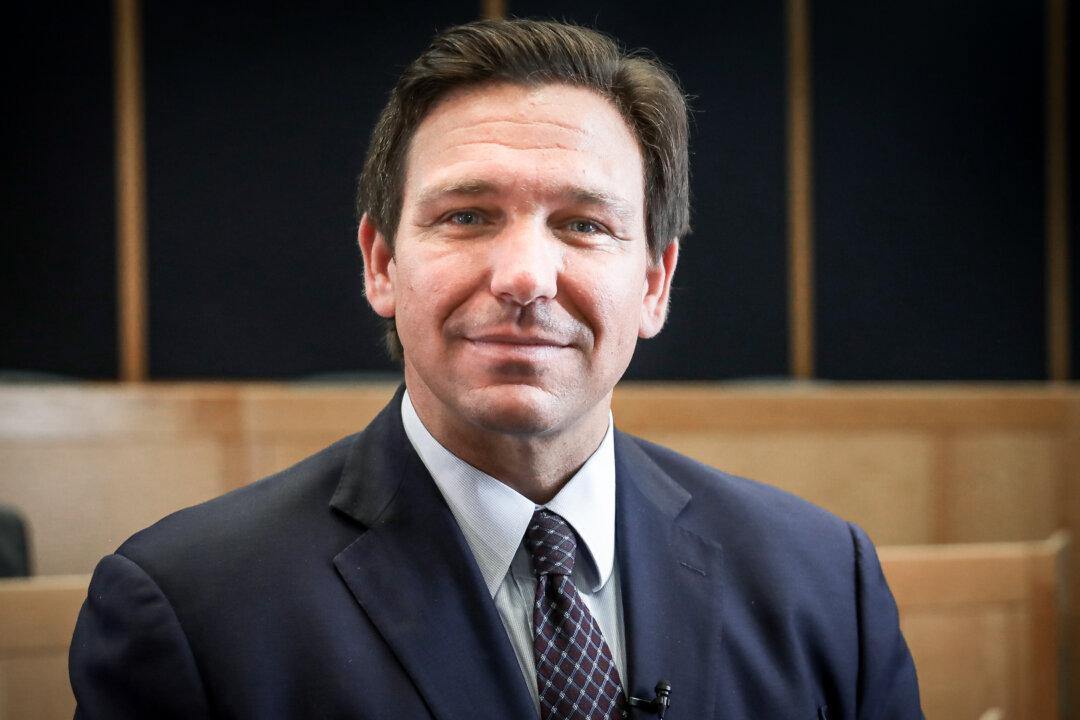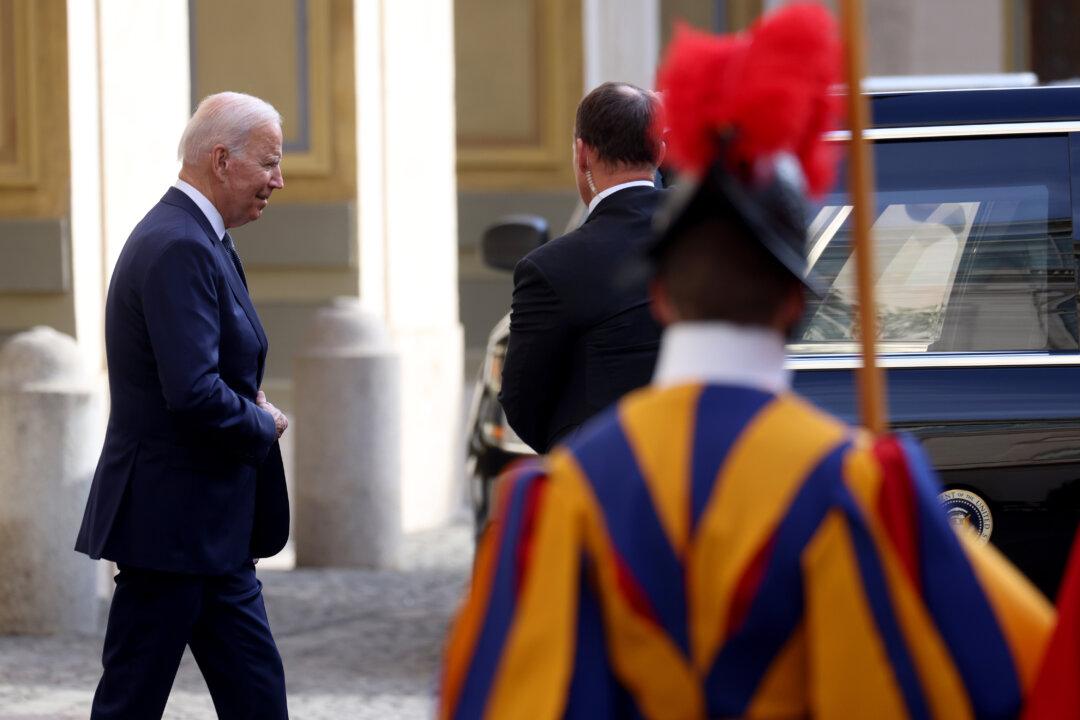VATICAN—Pope Francis met with John Kerry, climate envoy for the Biden administration, on May 14 after a closed-door conference on “Dreaming of a Better Restart” for the global economy.
Kerry is one of the first U.S. officials to meet with Pope Francis since the COVID-19 pandemic began and the first among members of the Biden administration.





